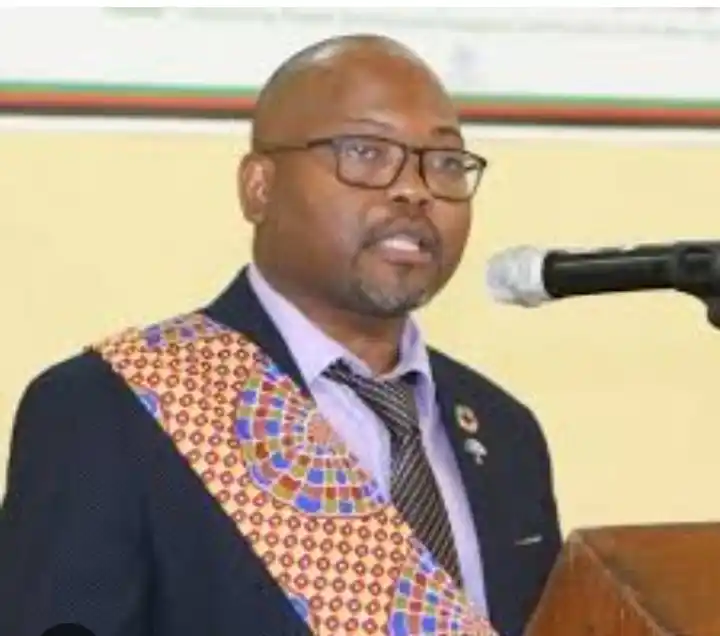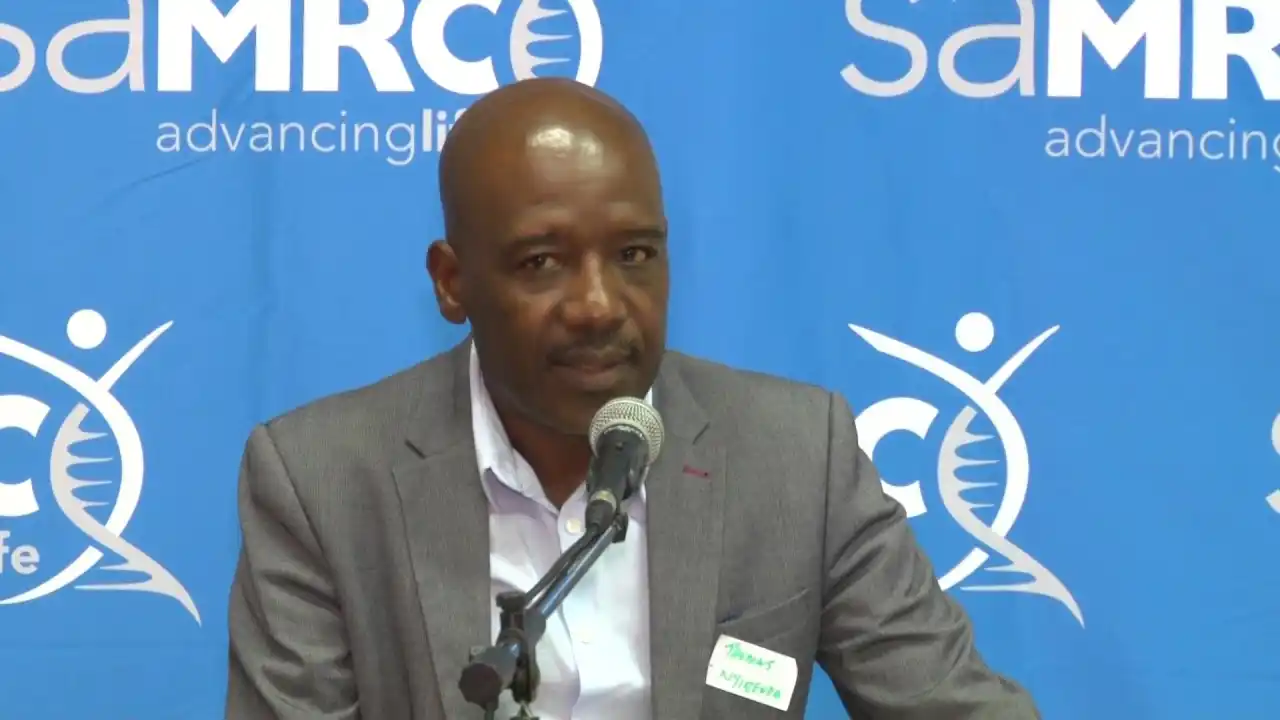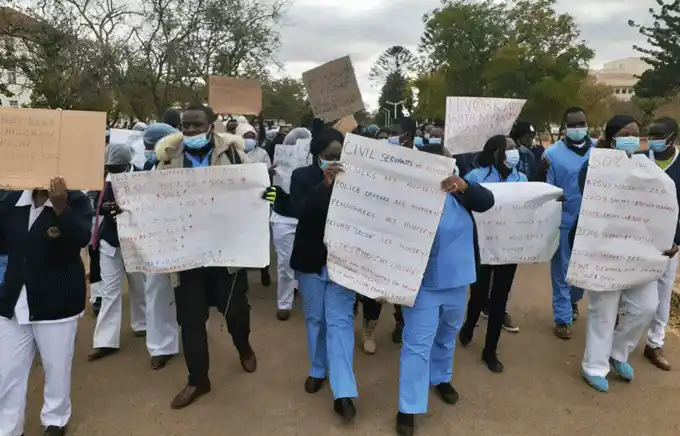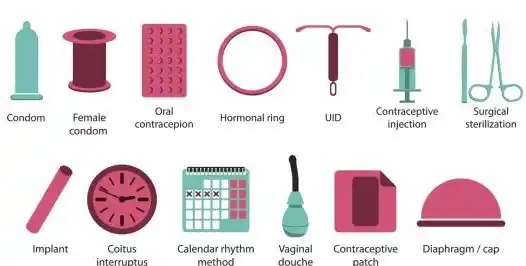
It goes without saying that cervical cancer continues to be a health burden to many women across the world, especially in developing countries like Malawi.
The illness ranks as the first most frequent type of cancer among women between the ages of 15 and 44.
As for Malawi, a population of around 6 million women, aged from 15 years and above, are at a greater risk of developing this type of cancer.

And if current estimates are anything to go by, year in and year out, 4,145 women are diagnosed with cervical cancer, while 2,905 others die from the disease.
Therefore, due to this huge number of women being affected by the disease, Malawi adopted a cervical cancer control program with visual inspection acid (Via), aimed at screening the largest possible proportion of women eligible for screening.
The programme was also aimed at ensuring appropriate management for all those who have abnormal test results.
However, 20 years down the line, cervical cancer remains a huge health burden in the country, as per the observation of Dr Priscilla Mvula, a gynecologist with Queen Elizabeth Central hospital.
Dr Mvula observes that not many women come for Cervical Cancer screening in the country.
“Most women present late to the hospital, as most cancer screenings are only sought for when illness symptoms persist or worsen, a development which makes treatment of the illness, a huge challenge,” said Dr Mvula.
Maziko Matemba, who is a renowned health rights campaigner, has since attributed this delayed access to cancer screening to language barriers.

On his part, Dr Francis Makiya notes that the situation is even worse in rural areas where there is no enough awareness on the importance of early cervical cancer screening.
“In these rural areas, the awareness and knowledge of cervical cancer screening is also low even among health care providers,” said Dr. Makiya.
Dr Makiya added that long distances to health facilities as well as lack of public education on invasive cervical cancer have also made the situation even worse.
And in his observation, George Jobe, who is one of the health rights activists in the country says that myths, fears and male attitudes, are among the main barriers to cervical cancer screening in Malawi.
“It is about time that we started dispelling these myths surrounding cancer screening, if the fight against cervical cancer is to be won,” said Jobe.








0 Comments